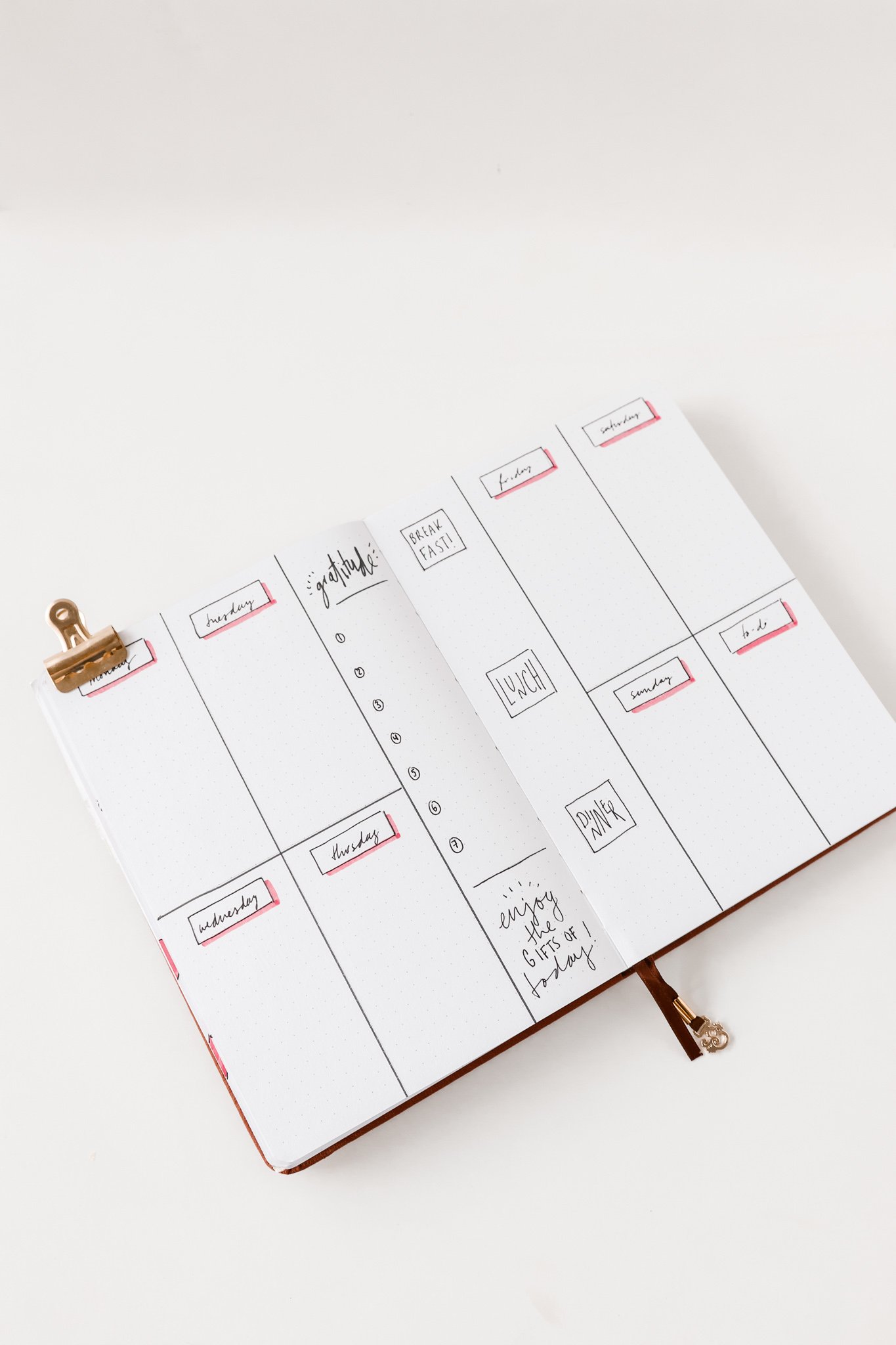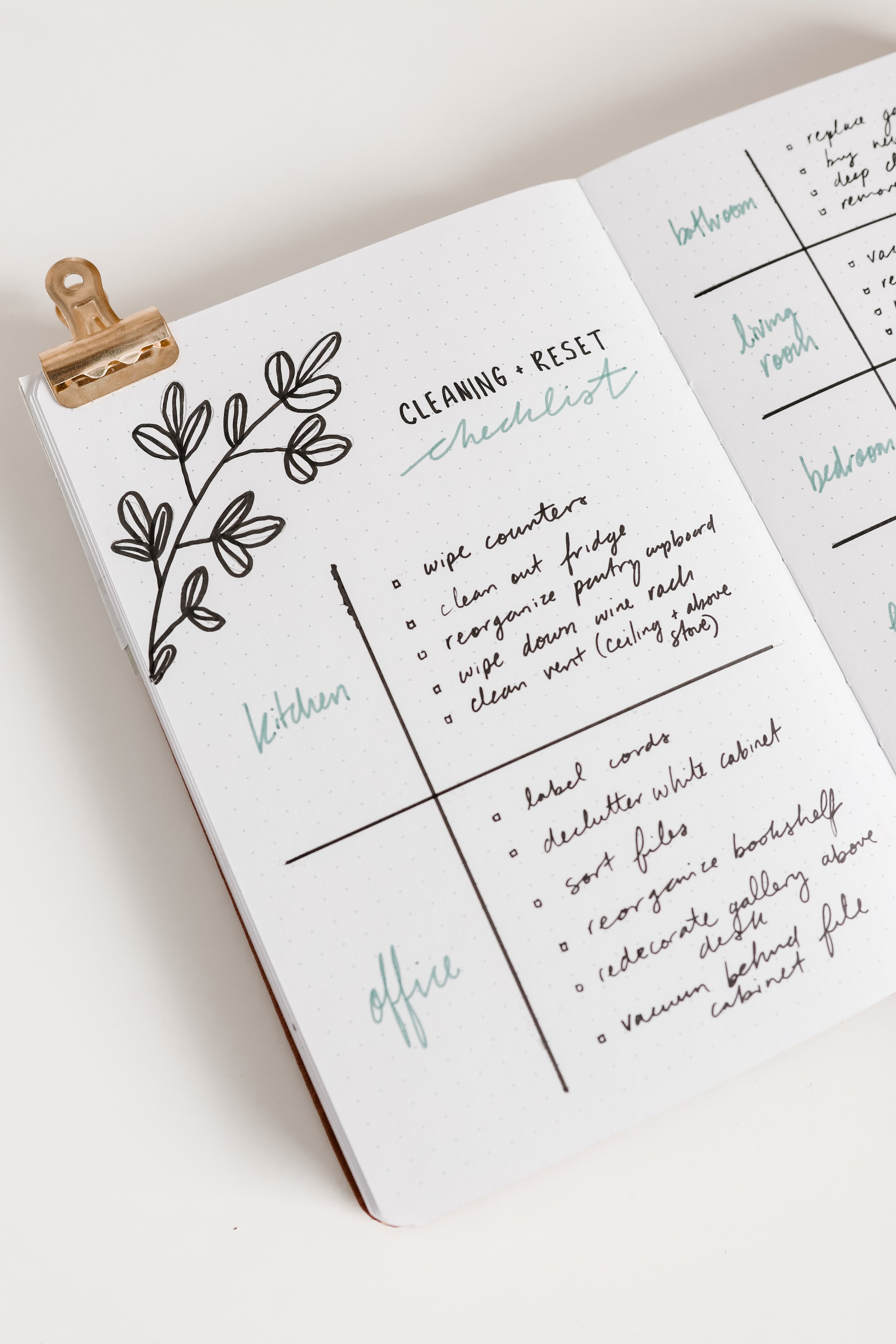HOW TO SAVE MONEY - tips & hacks that work
Saving….we know we ought to do it, but it's easy to forget to do it (yikes)!
As much as savings isn't always the most fun or sexy topic to talk about, it's an important conversation to have if you want to make life a bit easier for your future self. To help you out with your savings journey, I'm sharing some savings tips that have helped me start growing a cozy nest egg in my early twenties!
Monitoring your Spending
The concept of regularly checking in with your chequing accounts and credit card(s) seems like a pretty obvious savings tips, but I think it's one that's always worth repeating because it's easy to turn a blind eye to our past purchases. “If I don't look at that impulse purchase of a croissant plushie, then it didn't happen” (I'd like the record to show that I have not yet given into the temptation of acquiring a croissant plushie, but one of these days I might crack 😂).
Regularly monitoring your spending, allows you to be more intentional with your purchases today. Online shopping and automatic subscription payments also make it super difficult to mentally keep track of every single purchase you make— even if you think you know, there's more likely than not going to be a few surprises when you log on to your online banking platform.
Now, although I'm a big proponent of regular check-ins (for me, that looks like every 2-3 days), I think everyone needs to find the right balance for them that keeps them “in the know” with their money situation, while also not treating it like a social media feed. This is supposed to be a process that empowers you to make good spending choices....not one that makes you fear every movement in your accounts.
Savings on Autopilot ✈️
In my 24 years of experience as a human, I've quickly realized this undeniable reality: we can’t rely on ourselves to make the right choices every day. We are imperfect creatures and, although in many ways that adds some welcome spice to life, when it comes to our finances, we want to minimize the opportunities for us to spend our money poorly. Savings on autopilot is a great way to ensure you are paying your future self consistently!
Here's how to do it:
Sit down and review your money savings goals— have you started saving for retirement? Do you have an emergency fund? Are you planning to buy a home? What are your current savings habits? Etc.
Cut expenses— review your expenses for the last three months and assess where you can make cuts to your spending (i.e. frequent take-out, online shopping, un-used subscriptions).
Set a savings percentage - based on your current income situation, figure out a percentage of your paychecks that you feel good about setting aside for savings.
Unsure of what percentage to use? A popular budgeting technique is the 50/30/20 rule: 50% of your paycheck goes to needs (bills, groceries, etc.), 30% to wants, and 20% to debt/savings. Keep in mind that this technique is just one way to go about dividing your income....there isn’t one percentage that makes sense for everyone. Your income, the stability of your income, debt standing, etc. all factor into finding your sweet spot. Saving even a little is better than saving nothing. As someone who's self-employed and has varying income, I really prioritize saving because I need to ensure I have an emergency fund in place if/when I go through slow seasons of business….someone with a stable job may not need as big of an emergency fund as me!
Hit PAUSE before CONFIRMING
Slowing down your purchase decisions is another great way to minimize impulse purchases that could be chipping away at your saving opportunities. I know first-hand the rush that can overcome my body when I realize a sale is happening at my favourite store (Indigo frequently tests my willpower when they have a buy three, get the fourth free book event.....I can only be so strong 😅), but making money decisions on a time-crunch can lead to regrets.
My advice— to you and to a future me who gets blinded by desire—is to embrace the waiting game. When online shopping, try to keep items in your cart for a day before deciding on whether you really want/need the things you’re purchasing. Considering a more pricey purchase like a laptop or kitchen appliance? Take 30 days to do your research and weigh the pros and cons of a decision. My go-to question before making a purchase is, "would I forget about this thing tomorrow/next week/next month?"
Again, I don't think this process has to be one that makes you feel guilty about wanting things….I love saving, but I also spend money lol…but having that pause button moment ensures you're making those purchases intentionally, not impulsively.
Get the most value for your dollar $
There are good loyalty programs, and there are bad loyalty programs, but using the good ones properly can lead to big savings! Understanding which ones serve you best can be time well spent and lead to BIG savings!
One of my favourite loyalty programs at the moment is PC Optimum (all of my fellow Canadians are most likely very familiar with this program). I have recently gotten back into a PC Optimum love affair and I can't stop talking about it with my friends and family. When trying to maximize the benefits of PC Optimum, I try to reserve purchasing items on 20x the point days (20x points typically equals about 30% off), and I also try my best to only buy things that are already on sale to get the benefit of double-whammy savings! The result? I quickly am able to rack up the points to save $100-300 dollars every few months on purchases! Wahoo!
Don’t forget about your pantry
The grocery store is a regular visit that can quickly rack up the dollars. One of the ways I try to minimize how much I spend on food is by shopping from my pantry when putting together my meal plan for the week.
Shopping my pantry looks like checking out what pantry staples I have on hand— pastas, black beans, oats, etc.— and trying to find ways to use those ingredients in meals I plan to make. It's easy to fill up our grocery carts with things to get us through the week, but our pantry can have some hidden gems that can minimize the number of things we really need to grab.
Side note: when restocking your pantry, look for opportunities to restock in bulk. I love buying pantry items at Costco because one trip can get me by for months!
What's a savings tip that has helped you out on your financial journey? Let the money talk continue by checking out my BEST and WORST purchases of my 20s and my tips on how to get better with money! Talk soon, Xo —C.
*affiliate link














